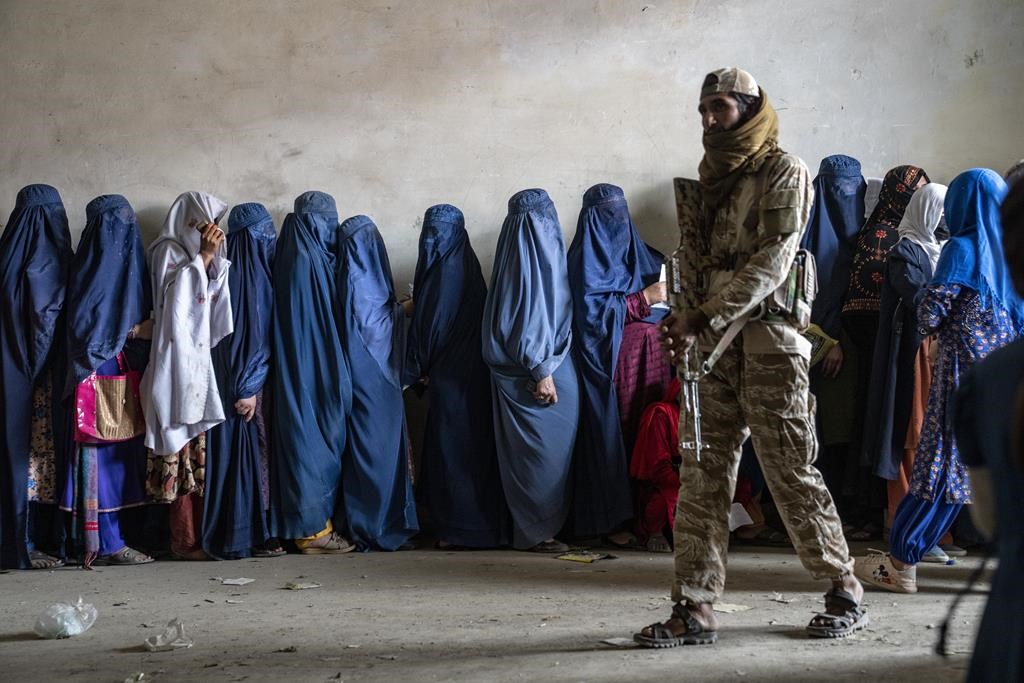Online abuse and hate speech targeting politically active women in Afghanistan has increased significantly since the Taliban took control of the country in August 2021, according to a report released Monday by a UK-based rights group .
Afghan Witness, an open-access project run by the nonprofit Center for Information Resilience, says it found that abusive messages tripled, an increase of 217%, between June and December 2021 and the same period in 2022.
Drawing on expertise gained from similar research in Myanmar, the Afghan Witness team analyzed publicly available information on X, formerly Twitter, and conducted in-depth interviews with six Afghan women to investigate the nature online abuse since the Taliban took power.
The report states that the team of researchers “collected and analyzed more than 78,000 messages” written in Dari (also called Afghan Persian) and Pashto – two local Afghan languages – aimed at “nearly 100 accounts of politically active Afghan women “.
Interviews indicated that the spread of abusive messages online contributed to women being targeted, the report’s authors said. Respondents reported receiving messages containing pornographic material as well as threats of sexual violence and death.
“I think the hatred they show on social media is no different from what they feel in real life,” one woman told Afghan Witness.
Spokespeople for the Taliban government were not immediately available for comment on the report.
The document identifies four general themes in the abusive messages: accusations of promiscuity, the belief that politically active women violate cultural and religious norms, allegations that women are agents of the West, and accusations of misrepresentation in order to request asylum abroad.
Afghan Witness also reported finding that online abuse was “extremely sexualised”, with more than 60% of posts in 2022 containing terms such as “whore” or “prostitute”.
“Since the Taliban takeover of Afghanistan, social media has gone from a place of social and political expression to a forum of abuse and repression, particularly against women,” said Francesca Gentile, principal investigator of the project.
The Taliban have barred women from most areas of public life and work and prevented girls from going to school beyond the sixth grade, as part of tough measures they imposed after taking power in 2021, as US and NATO forces withdrew from Afghanistan after two decades of war.
“The Taliban’s hostility towards women and their rights sends a message to online attackers: any woman who defends herself is an ideal target,” added Ms. Gentile.
A female journalist, speaking to Afghan Witness on condition of anonymity, said she had deactivated some of her social media accounts and no longer read comments, which affects her work when she tries to access online sources.
The report states that the vast majority of perpetrators of this online abuse are men “from different political affiliations, different ethnic groups and diverse backgrounds”.
This article is originally published on lactualite.com


